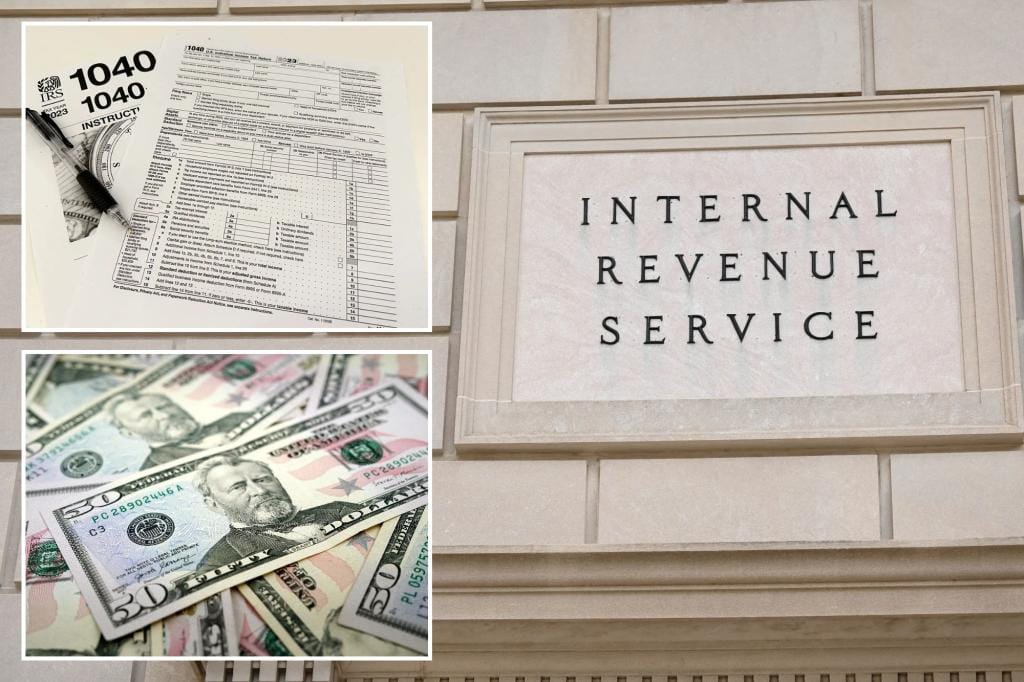As taxpayers navigate the complexities of the filing season, a new concern arises: the potential for a tax refund delay. Such delays could extend not just for weeks or months, but potentially for years, leaving many to wonder
Navigating a Delayed Tax Refund
Understanding the reasons behind a delayed refund is crucial. The IRS may take extra time to review filings due to discrepancies, incomplete information, or the need to verify identity to prevent fraud. Taxpayers are advised to ensure their returns are accurate and complete before submission to avoid such delays.
For those already caught in the mire of a tax refund delay, there are steps to take. Initially, individuals should check the status of their refund using the IRS’s ‘Where’s My Refund?’ tool. This online resource provides real-time updates on the progress of your refund.
If the tool indicates a delay, it’s essential to respond promptly to any IRS correspondence. Delays can often be resolved by providing additional information or clarifying any issues the IRS may have found with your return.
In situations where the wait becomes extensive, taxpayers have the right to seek assistance from the Taxpayer Advocate Service. This independent organization within the IRS is designed to help individuals facing significant hardships due to tax problems.
Financial planning also plays a pivotal role when dealing with a tax refund delay. Experts suggest adjusting withholdings to reduce future refunds and avoid relying on them for major financial plans. Creating an emergency fund can also provide a buffer against unexpected delays.
While the prospect of a delayed tax refund can be daunting, being proactive and informed about






